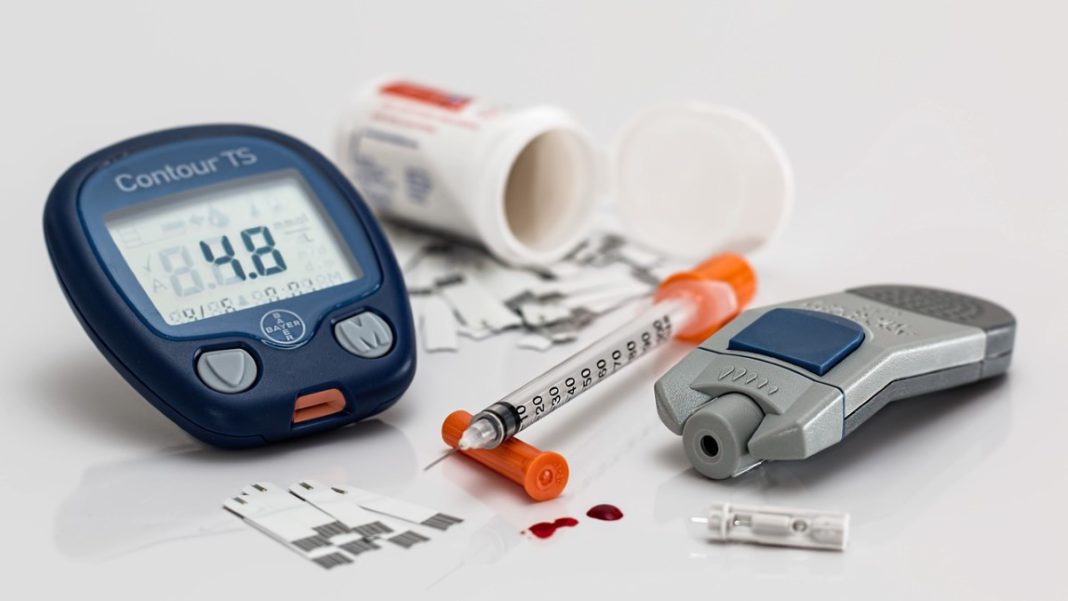GERMANY: New research presented at the annual meeting of the European Association for the Study of Diabetes (EASD) in Hamburg, Germany, suggests that increased exposure to natural light could hold the key to treating and preventing type 2 diabetes. Conducted by a team led by Ivo Habets from Maastricht University, the study highlights the critical role of circadian rhythms in metabolic health.
Habets explained, “The misalignment of our internal circadian clock with the demands of a 24/7 society is associated with an increased incidence of metabolic diseases, including type 2 diabetes.”
Natural daylight, he emphasized, serves as a powerful zeitgeber (environmental cue) for the circadian clock, yet most individuals spend their days indoors under artificial lighting.
The study, involving 13 participants with type 2 diabetes, meticulously controlled exposure to natural and artificial light over 4.5-day periods. Blood sugar levels were continuously monitored, revealing that during the natural light phase, glucose levels remained within the normal range for a greater proportion of time compared to the artificial light phase.
Furthermore, participants exhibited a higher propensity to shift from carbohydrate to fat metabolism in the presence of natural light. Key clock genes, Per1 and Cry1, which govern circadian rhythms, were found to be more active under natural light conditions.
While Habets acknowledges the significance of the findings about diabetes management, he emphasizes the broader implications for metabolic health.
The research shows that the type of light humans are exposed to can affect their metabolism. If a person works in an office with almost no exposure to natural light, it will have an impact on their metabolism and their risk or control of type 2 diabetes.
He concludes with a call for further research to elucidate the precise impact of artificial light on metabolism and to determine optimal durations of exposure to natural light for metabolic health.
Also Read: ‘World No Tobacco Day’ Awareness Camp Held at Kalina Military Station



